Understanding Scaffolding in Early Childhood Education
Scaffolding, often associated with the work of Lev Vygotsky, is a term that refers to the process of providing the right level of support to help children learn and solve problems that are beyond their current capabilities. It recognises that children can achieve more when they receive guidance and encouragement from a more knowledgeable other, such as a teacher or a peer.
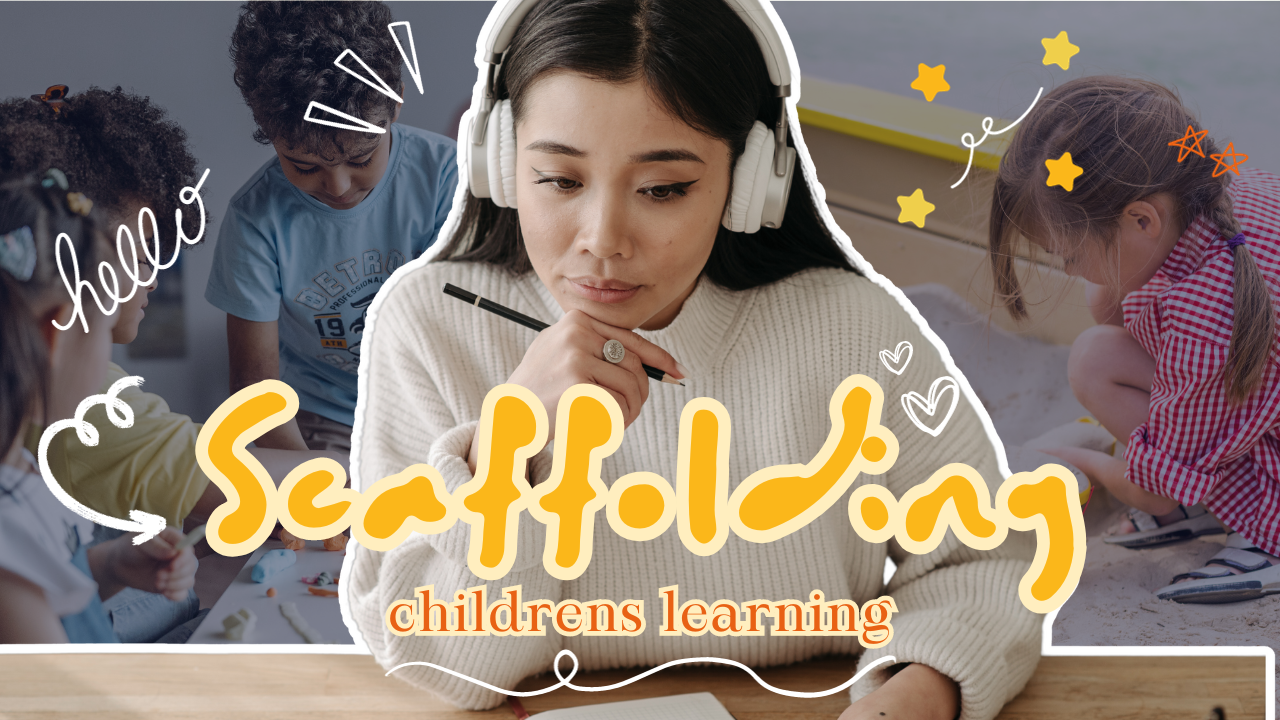
The Benefits of Scaffolding in Early Years Education
Implementing scaffolding in early years education offers numerous benefits for children's learning and development. By providing tailored support, scaffolding:
- Facilitates engagement and motivation: Scaffolding actively involves children in the learning process, keeping them engaged and motivated to acquire new skills and knowledge.
- Reduces anxiety and uncertainty: Scaffolding helps alleviate the stress and confusion that may arise when children are faced with challenging tasks, providing them with the necessary support and guidance.
- Builds momentum: By breaking down complex tasks into smaller, manageable steps, scaffolding allows children to progress steadily, ensuring continuous learning momentum.
- Helps identify learning gaps: Through scaffolding, educators can identify children's existing knowledge and skills and determine areas where additional support and instruction are needed.
The Role of the Educator in Scaffolding
As an educator, your role in scaffolding is crucial. You serve as the guide and facilitator, providing the necessary support to help children reach their full potential. Your tasks include:
- Assessing children's current knowledge and skills: Understanding where children are in their learning journey enables you to provide appropriate scaffolding that meets their individual needs.
- Modelling and demonstrating: By demonstrating skills and problem-solving strategies, you provide a clear example for children to follow and learn from.
- Asking probing questions: Thought-provoking questions encourage children to think critically and solve problems independently, while still providing the necessary guidance.
- Offering hints and suggestions: Providing hints and suggestions can help children overcome challenges and develop problem-solving skills without providing the complete solution.
- Providing feedback and encouragement: Positive feedback and encouragement boost children's confidence and motivate them to continue their learning journey.

Practical Strategies for Scaffolding in the Early Years
There are various strategies and techniques that educators can employ to effectively scaffold children's learning in the early years. Here are some practical approaches:
1. Breaking tasks into smaller steps
Breaking down complex tasks into smaller, more manageable steps allows children to focus on one aspect at a time. Start with tasks that children can already do independently, gradually guiding them through each step until they can complete the entire task on their own.
2. Using modelling and demonstration
Modelling and demonstrating skills or problem-solving strategies help children visualise the desired outcome. Show them how to approach a task or solve a problem, step by step, and then step back and let them apply what they have learned.
3. Asking open-ended questions
Engage children in critical thinking and problem-solving by asking open-ended questions. Encourage them to think deeply, consider alternatives, and make connections. For example, ask "What do you think will happen if…?" or "How could we solve this problem differently?"
4. Providing hints and suggestions
Offering hints and suggestions can guide children toward finding their own solutions. Instead of giving the answer outright, provide partial hints or alternative approaches to help children overcome challenges and develop problem-solving skills.
5. Encouraging peer collaboration
Collaborative learning experiences provide opportunities for children to learn from and with their peers. Group work allows them to share ideas, exchange perspectives, and learn from each other's strengths and experiences. Encourage collaboration and provide support as needed.
6. Using resources and props
Utilise resources and props to enhance children's learning experience. Books, pictures, manipulatives, and other materials can serve as references or aids to help children understand concepts and complete tasks. For example, if a child is struggling to draw a cat, provide them with a book or a picture of a cat for reference.
7. Offering feedback and praise
Feedback is essential in scaffolding learning. Provide constructive feedback that highlights children's efforts, progress, and areas for improvement. Celebrate their achievements and encourage them to take risks and persevere, even when faced with challenges.
8. Adjusting the level of support
As children become more confident and independent in their learning, gradually reduce the level of support. Gradually withdraw scaffolding as they gain mastery, allowing them to apply their skills and knowledge independently.
Conclusion
Scaffolding is a powerful teaching method in early years education that supports children's learning and development. By providing the right level of guidance and support, educators can help children bridge the gap between their current capabilities and their potential. Implementing practical strategies such as breaking tasks into smaller steps, modelling, asking open-ended questions, and providing feedback can enhance the effectiveness of scaffolding. Remember, scaffolding is a temporary support that gradually fades as children become more independent learners, preparing them for future academic success.


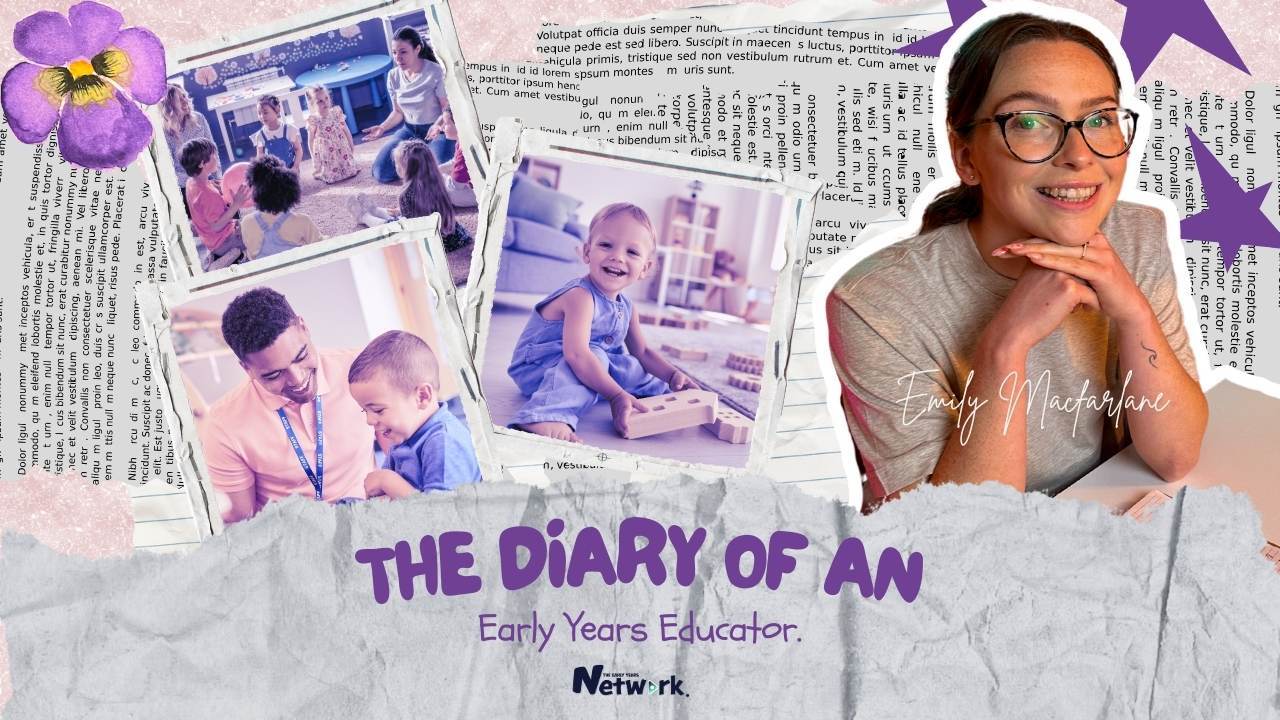


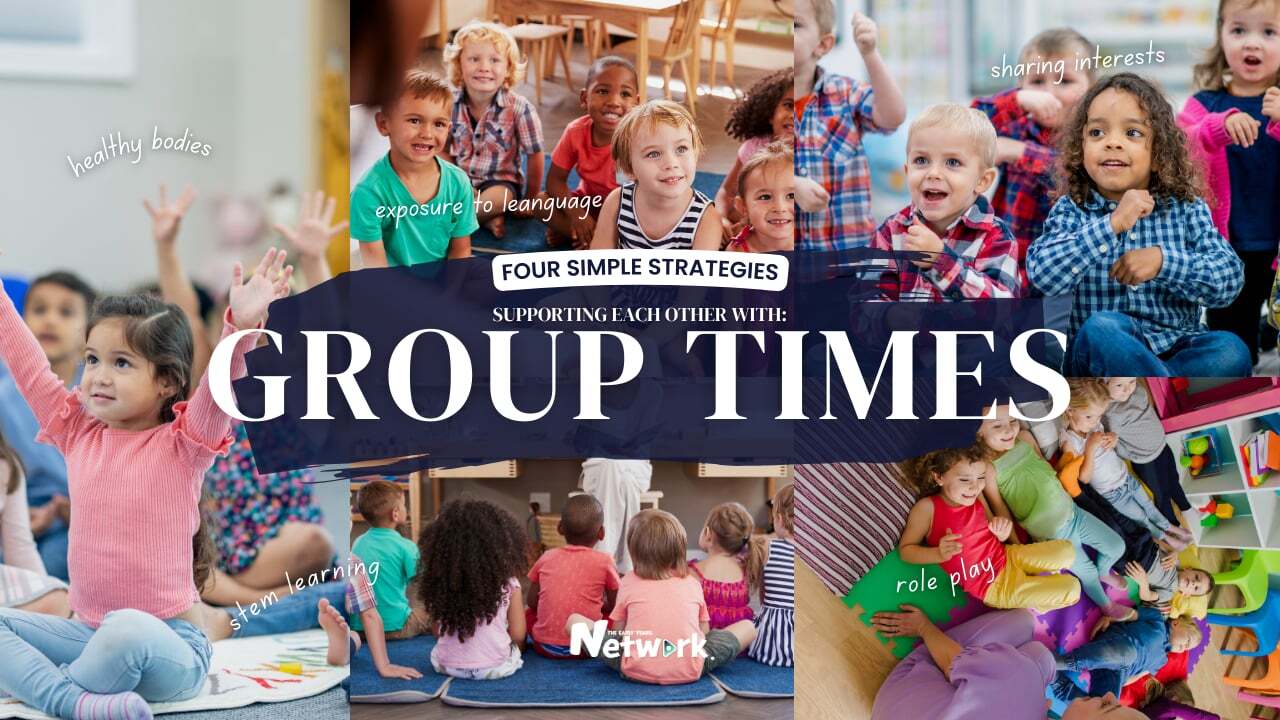


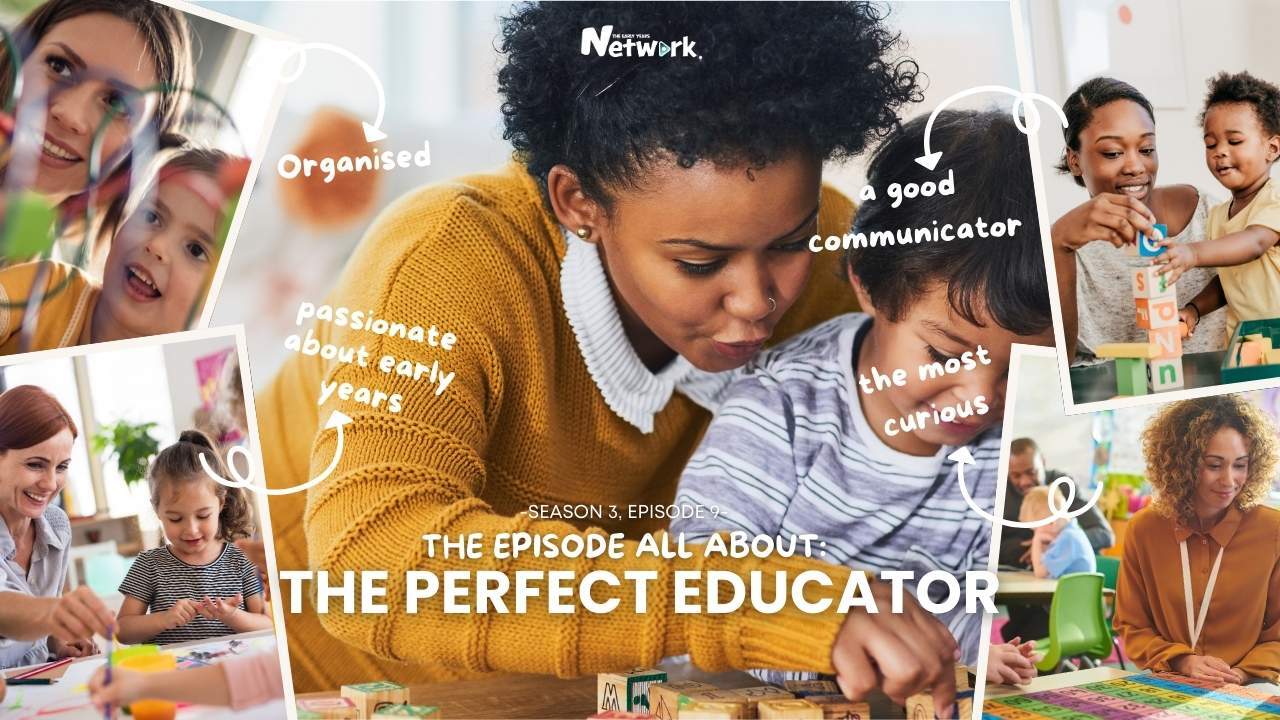
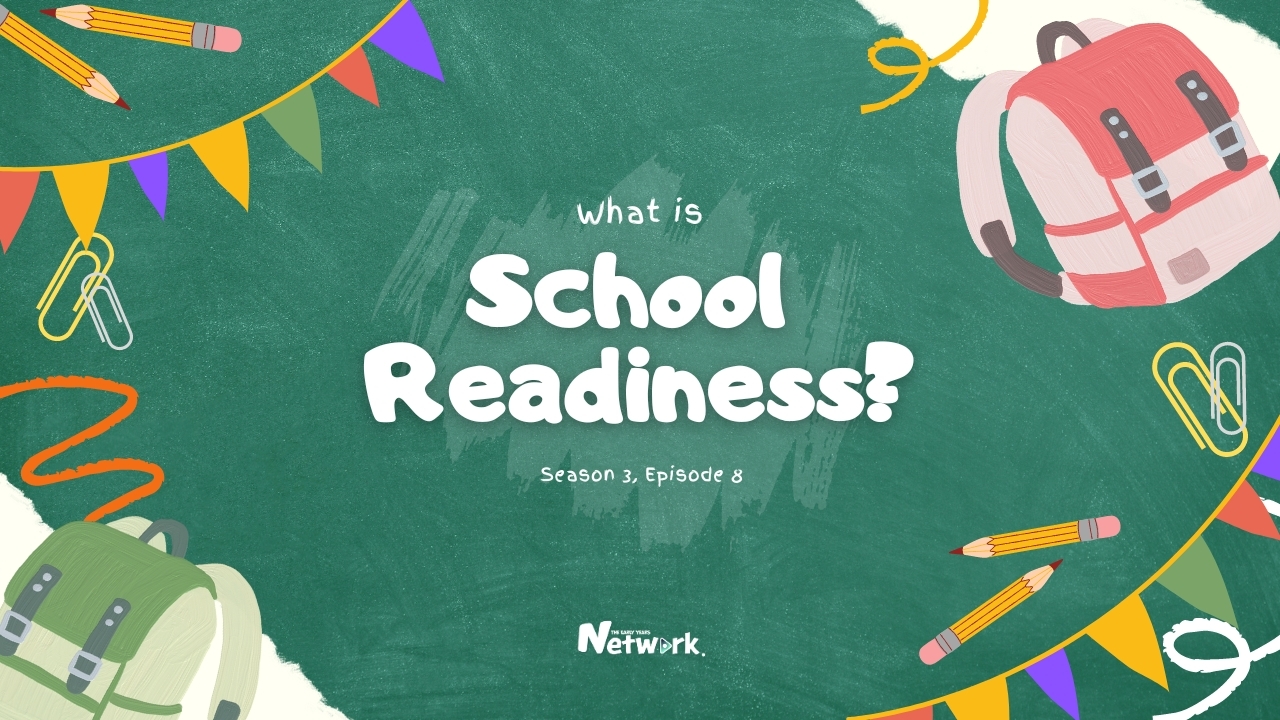









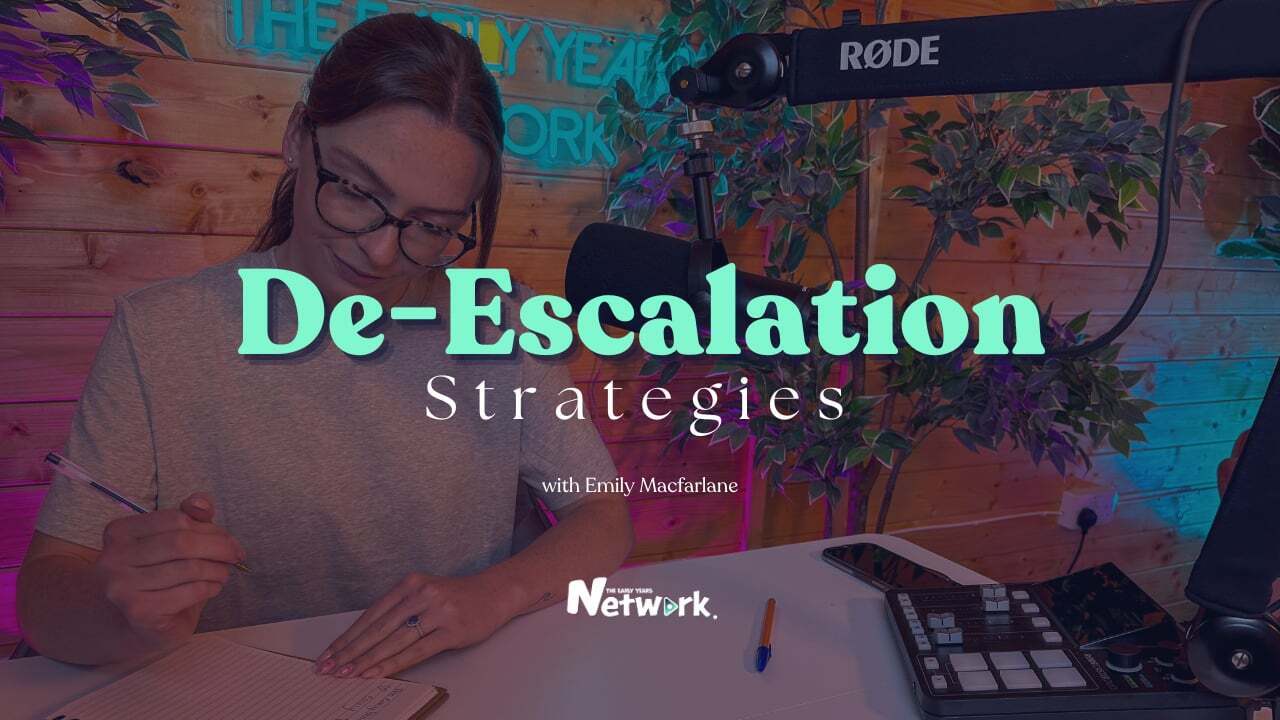





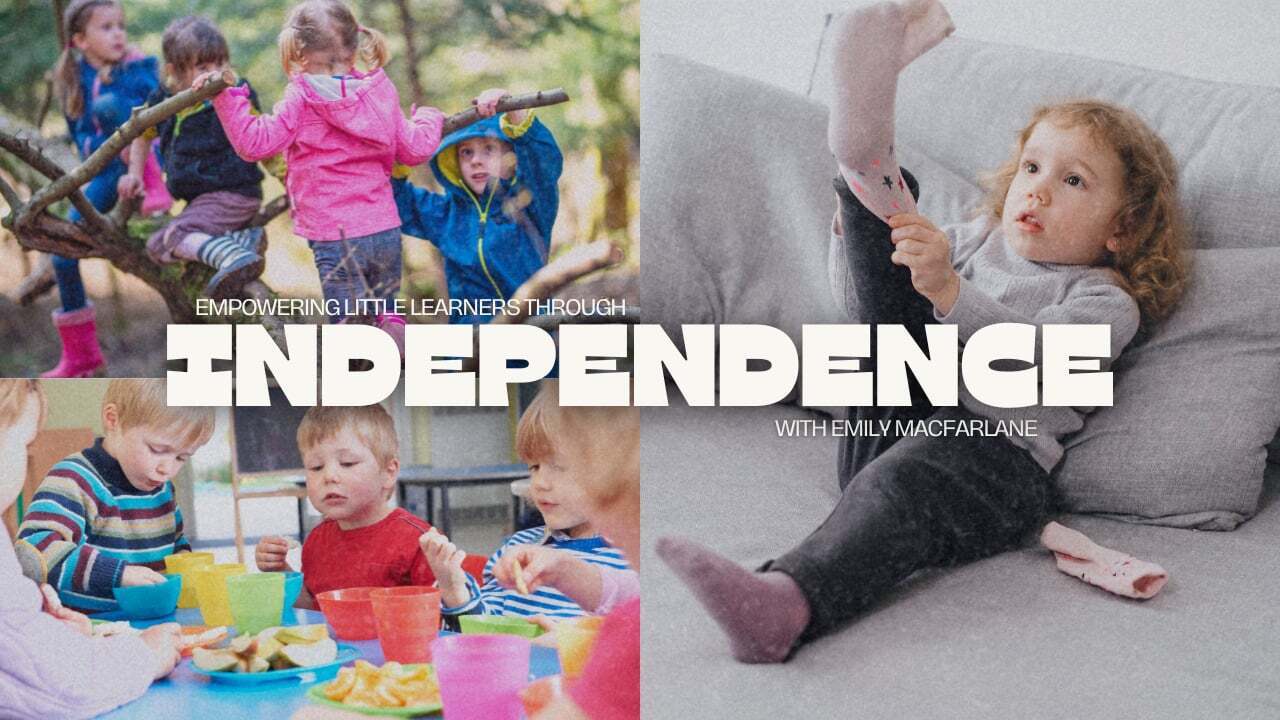



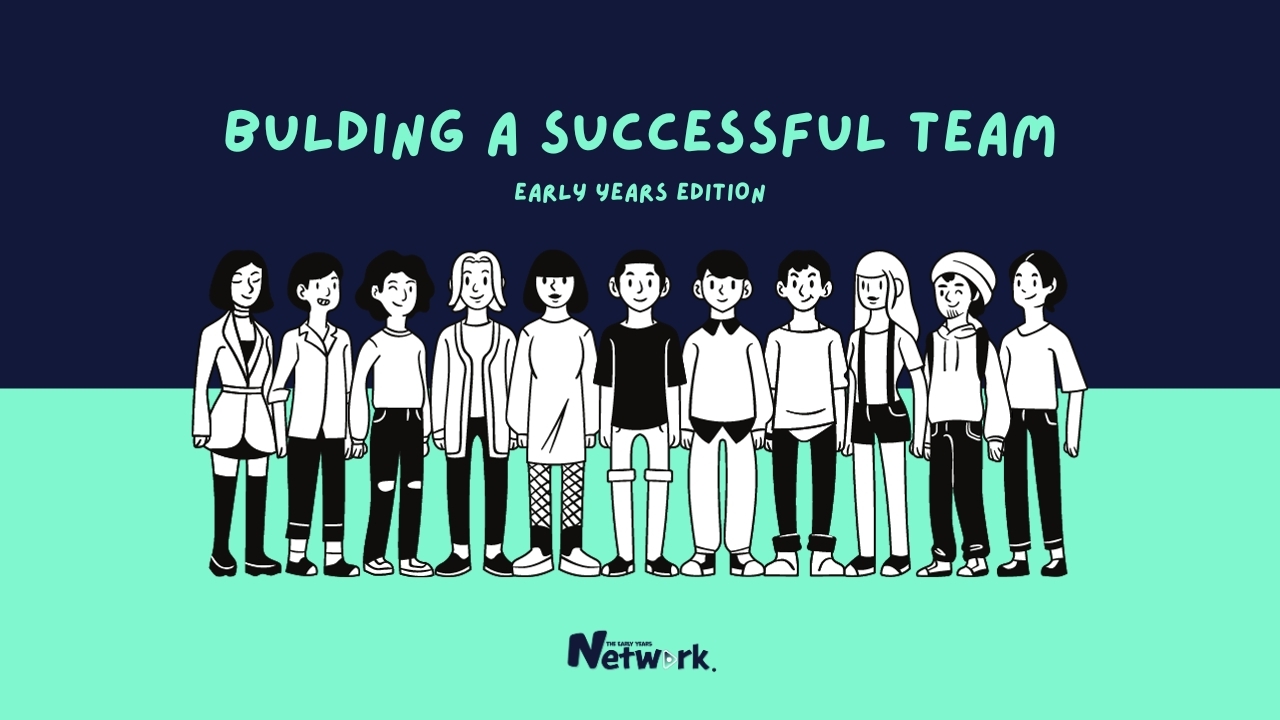

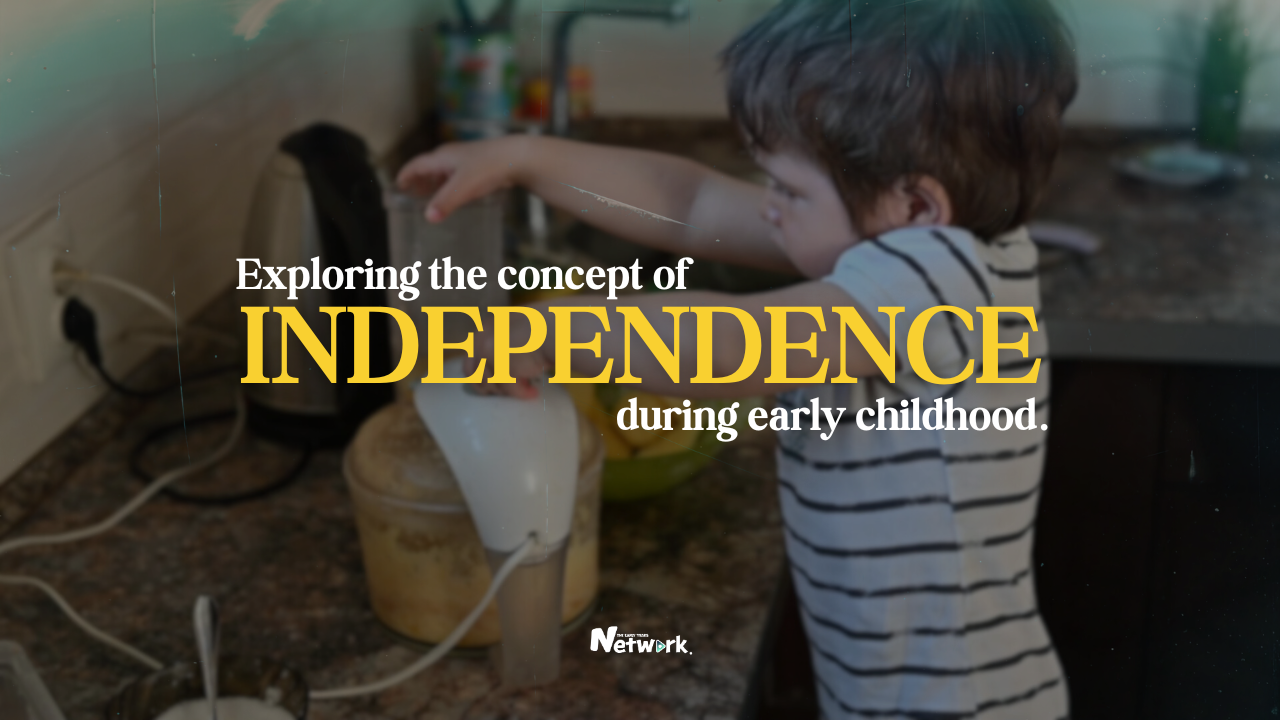
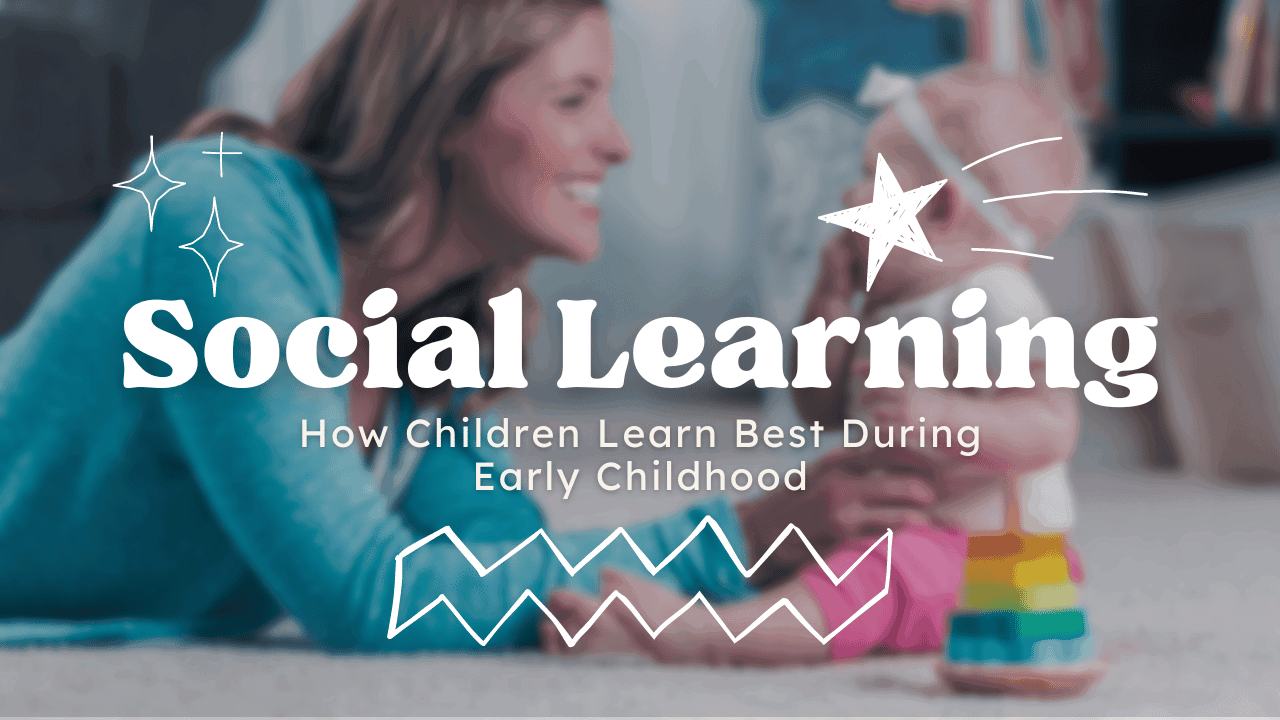


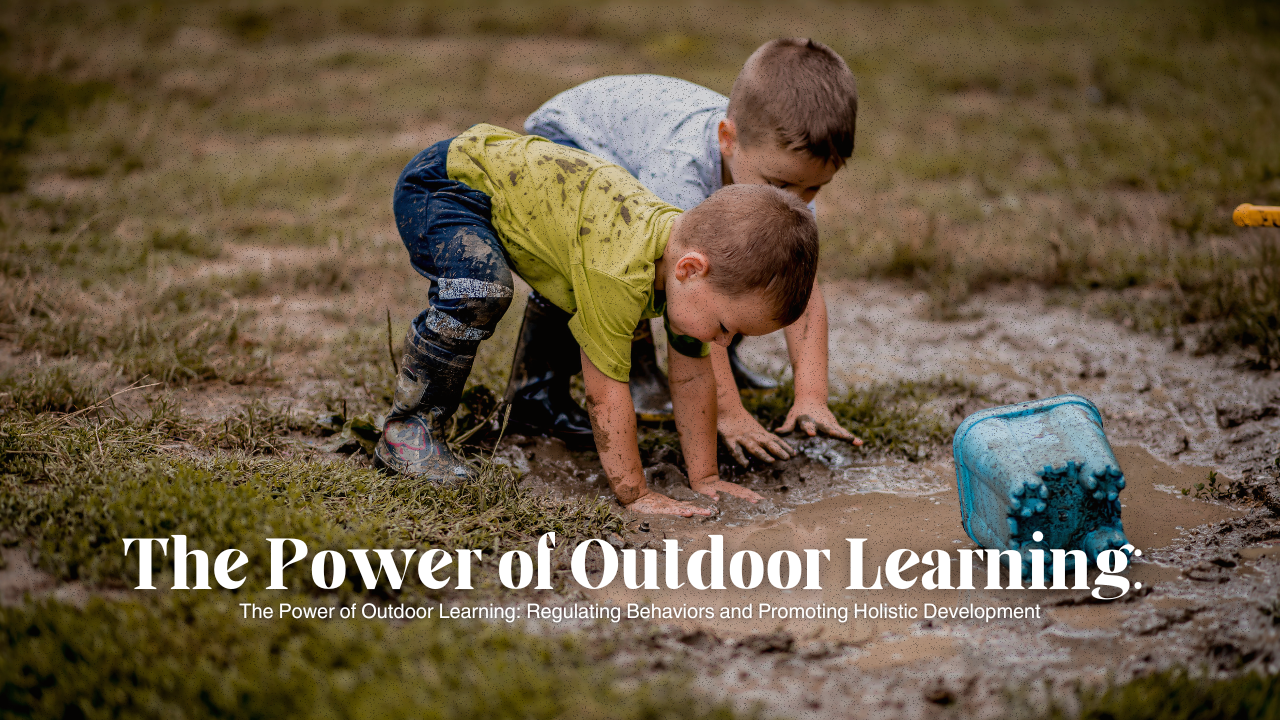


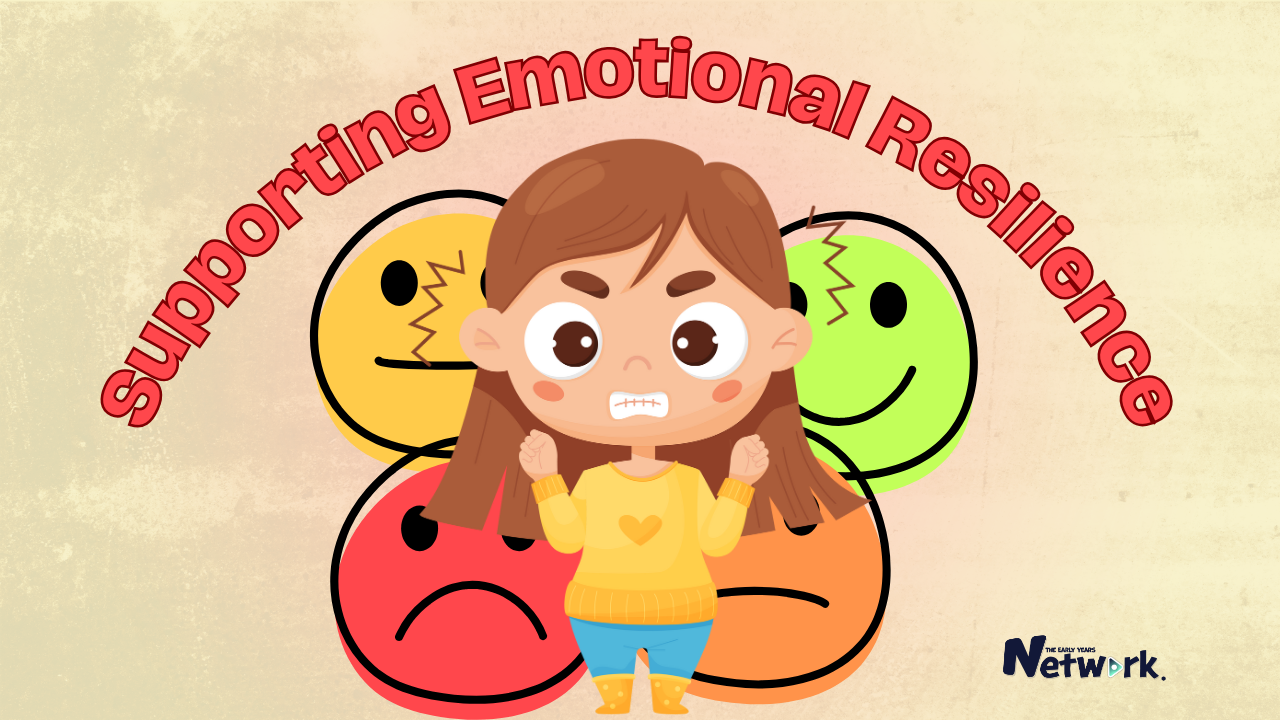


Comments 0
Leave a comment
Only your name will be published. Required fields are marked *